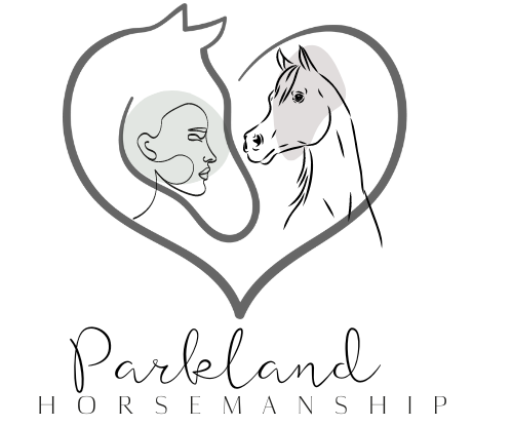Equine Assisted Learning (EAL) focuses on personal growth and life skills development for people of all ages. EAL takes an integrative approach that seeks to heal both body and spirit simultaneously.
Horses possess an inborn sensitivity for human emotions and are an excellent way to teach people nonverbal communication, confidence and empathy. Furthermore, horses can help people learn about boundaries and self-regulation.
It is a form of therapy
Equine Assisted Learning is an experiential learning approach that can be implemented across a range of therapeutic environments and settings, as well as to strengthen team building, leadership and communication. Equine assisted learning requires knowledge of horsemanship as well as understanding of horse language.
As large animals, horses naturally help children overcome fears and gain confidence. Children can learn to communicate clearly and assertively as well as set healthy boundaries between relationships they establish. All this will build their self-esteem while strengthening them both internally and with other people.
Equine-assisted psychotherapy (EAP) is an effective therapy option for people who are experiencing emotional problems. It involves licensed mental health professionals collaborating with credentialed equine specialists in order to treat behavioral or psychological problems of clients, such as anxiety or depression; also helpful for treating PTSD/trauma. Spending time around horses has also been known to reduce blood pressure, decrease cholesterol and triglyceride levels and boost mood while strengthening cardiovascular strength.
It is a form of education
Equine Assisted Learning is an experiential program that can assist people in learning and growing. Participants learn to interact with horses in a safe and supportive environment. Equine assisted Learning may also assist those dealing with mental health conditions like anxiety and depression while building their confidence and self-esteem.
EAL stands apart from traditional horseback riding lessons by providing an educational experience on the ground, whereby its pedagogy consists of observing horse behavior and applying it to lessons about human behaviour – with the ultimate aim being the development of trust between horse and rider.
Teachers participating in equine programs frequently report seeing significant transformations among their students, yet these changes can be difficult to assess. Through semi-structured interviews, this research explores stories of change as well as the interplay of multiple forces on outcomes such as horses themselves, teachers’ classroom contexts and environment, yard facilities such as grooming tools or saddles, grooming tools or saddles used for grooming or saddles found popular culture as well as disciplines and knowledge practices within equestrian equestrian practice.
It is a form of recreation
Equine-assisted learning (EAL) is a recreational activity designed to assist people living with disabilities. EAL involves working with horses in various activities, from grooming and caring for them to leading them through obstacle courses. Participants find the experience both enjoyable and relaxing; furthermore, its benefits can also improve mobility and posture.
Used across various settings – schools to workplaces – puzzles can help build team building skills and strengthen interpersonal relationships while increasing self-awareness and communication as well as helping reduce stress and anxiety levels.
Equine-assisted learning is also beneficial to those living with dementia or mental health conditions, according to one recent study. Equine-assisted learning helps overcome social isolation by using the soothing horses’ presence for stress reduction and mental clarity improvement as well as improving memory and cognition. Furthermore, EAL also offers exercise opportunities and socialization through its unique opportunities.
It is a form of team building
Equine-Assisted Learning (EAL) is an experiential learning approach that fosters the development of life skills. These can include academic achievement and classroom behavior, personal growth and exploration as well as professional pursuits such as leadership development or team building.
Horses, as herd animals, are masters of teamwork and collaboration. To stay alive in the wild, they need to work together and recognize qualified leaders; thus making them ideal teachers for teams struggling to collaborate or communicate effectively.
Equine-assisted learning sessions enable participants to engage with horses under the supervision of trained professionals such as psychologists or equine specialists, using horse interactions as tools to assist clients in addressing specific issues.
Horses offer instant and accurate physical feedback that enables team members to become aware of their behaviors, change them as needed and develop better communication and collaboration within teams. Not to mention, it makes team building fun!

